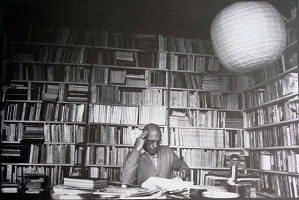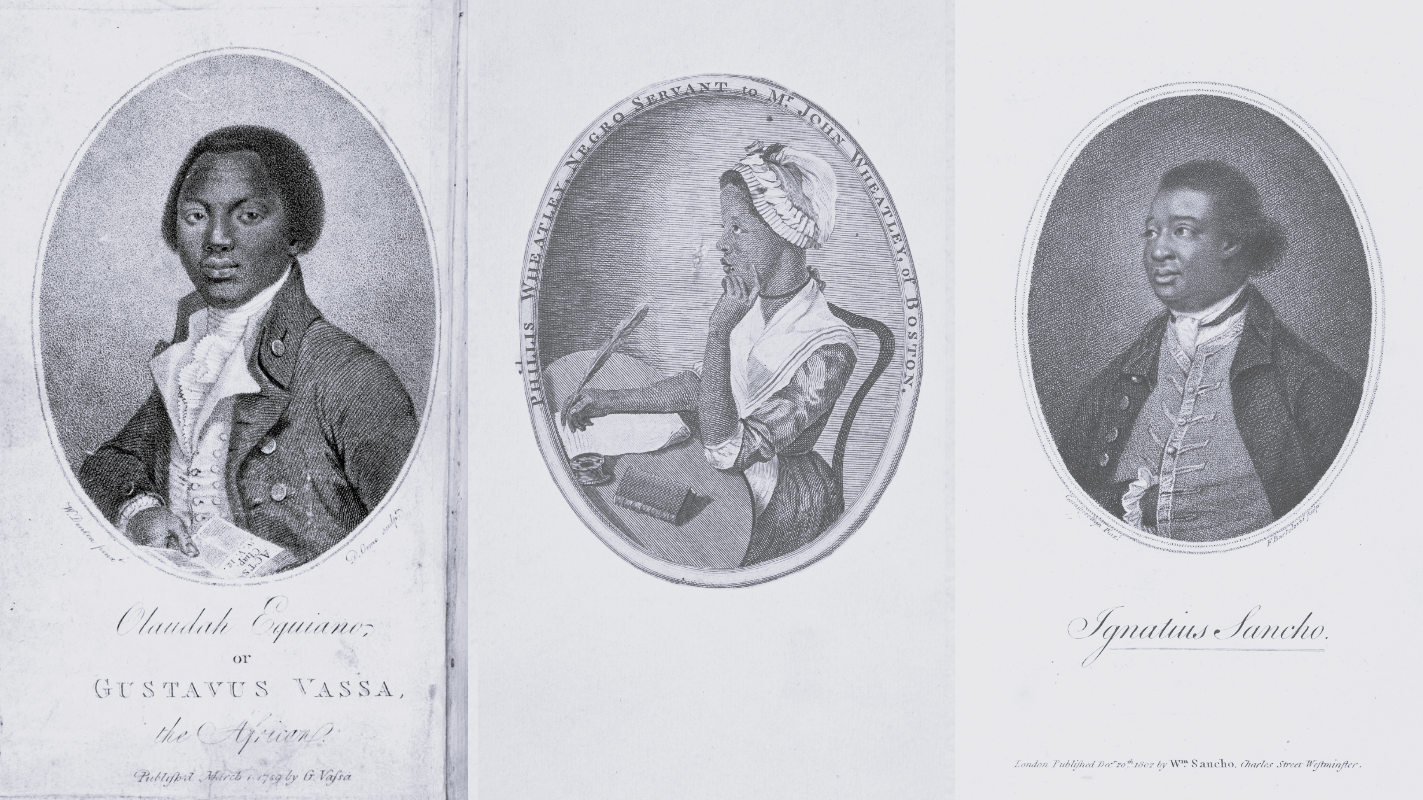 The social sciences owe much to the writing of Michel Foucault. His influential work on power, knowledge, and sexuality can be found on the reading lists for almost all courses in the social sciences, and academics have engaged so much with his work to such a degree that he is the most highly cited social scientist. Professor Sara Mills considers Paul Veyne’s recently republished book, Michel Foucault: His Thought, His Character, finding that the book is most illuminating is in the quotations and commentaries on Foucault’s own writing.
The social sciences owe much to the writing of Michel Foucault. His influential work on power, knowledge, and sexuality can be found on the reading lists for almost all courses in the social sciences, and academics have engaged so much with his work to such a degree that he is the most highly cited social scientist. Professor Sara Mills considers Paul Veyne’s recently republished book, Michel Foucault: His Thought, His Character, finding that the book is most illuminating is in the quotations and commentaries on Foucault’s own writing.
 Michel Foucault: His Thought, His Character. Paul Veyne. Translated by Janet Lloyd. Polity Press. London 2012 (first published in French 2008).
Michel Foucault: His Thought, His Character. Paul Veyne. Translated by Janet Lloyd. Polity Press. London 2012 (first published in French 2008).
Michel Foucault: His Thought, His Character is a very peculiar book – intriguing in some ways in the insights it gives us into Foucault’s life, and insightful in some of the examples which are given in relation to some elements of Foucault’s thought. However, overall, this attempt at hagiography is, in essence, deeply problematic, particularly given that Foucault argued so strongly against any attempt to fuse together the writings and the author, who introduced the notion of the ‘author function’.
There have been excellent biographies of Foucault (Daniel Eribon’s Michel Foucault, for example) and these have situated the development of Foucault’s thought in relation to the political environment, the events of the time and so on. But this book by Paul Veyne is an altogether different enterprise and seems to me more like the trading of anecdotes about Foucault in order to bolster Veyne’s reputation as someone who knew Foucault. When Veyne states “Foucault was a great friend, and, it seems to me, a great mind” (p.7), this is claiming something for Veyne rather than telling the reader anything about Foucault.
This happens throughout the book, for example, Veyne also writes “A disappointed and bitter Foucault confided his grievances to me” (p.23), and Foucault declared, apparently, “Paul Veyne helped me throughout these years” (p.25). In the footnote to this statement Veyne states “when he began working on love in the ancient world, Foucault attended a talk I gave on this subject at a seminar….Anyone can see what Foucault owed to me and above all what he did not owe to me at all” (p.153). Whilst all of us who work on the writings of great figures obviously gain some measure of kudos by association, I am always deeply suspicious of this particular manoeuvre by academics.
The book will be of most interest and use to those who have already read Foucault’s work, to encourage them to think again about some of the issues which have been debated in relation to his work. One of the key issues is Foucault’s political engagement. This has always been a subject of contention as Foucault was active politically, in a rather haphazard way, but refused to commit to a particular political agenda, something which has greatly troubled those on the left who use his work. This book tries to exonerate Foucault from those criticisms. He acted politically but he did not have the grounds for political action within his theory: that is the legacy that he has left. But it is not a question of trying to praise or blame Foucault for that. It is an issue which faces all intellectuals of the left who are struggling to develop the grounds on which to base political action after the disintegration of the Communist regimes (see for example Eric Hobsbawm’s excellent How to Change the World).
 Sometimes Veyne criticises Foucault or decides to improve on his work. For example, Veyne characterises Foucault’s choice of the term discourse as ‘ill-chosen’ (p.6). He also says that Foucault’s thinking “became more precise only with the passing of time and [his] technical vocabulary remained irregular for many years” (p.13.) He suggests that Archaeology of Knowledge was written “too early and too hastily” (p.84) and Foucault “would have liked to possess real intellectual clout (which he never really did)” (p.132). I am not suggesting that we should not criticise Foucault, but these criticisms are not about his ideas, but rather seem to be personal snipes at Foucault’s abilities.
Sometimes Veyne criticises Foucault or decides to improve on his work. For example, Veyne characterises Foucault’s choice of the term discourse as ‘ill-chosen’ (p.6). He also says that Foucault’s thinking “became more precise only with the passing of time and [his] technical vocabulary remained irregular for many years” (p.13.) He suggests that Archaeology of Knowledge was written “too early and too hastily” (p.84) and Foucault “would have liked to possess real intellectual clout (which he never really did)” (p.132). I am not suggesting that we should not criticise Foucault, but these criticisms are not about his ideas, but rather seem to be personal snipes at Foucault’s abilities.
A further aspect of the text that troubled me greatly was the translation. Some of the rhetorical sweeps are peculiarly French, which is sometimes difficult to render into English. However, there are certain elements here which seem to be poorly translated – the word ‘dispositif’ which is generally in all of Foucault’s work translated as ‘dispositif’ is here translated as ‘set-up’. Although ‘set-up’ does have the benefit of suggesting a structural predisposition towards something, it belongs to an entirely different register and does not quite correspond to dispositif in French. Foucault scholars are accustomed to using dispositif and I would suggest that using ‘set-up’ as a translation does not have any advantages. Furthermore the translating of the French generic ‘he’ into English certainly does not work at all these days, and should be rendered in a more gender-free way. Terms such as ‘scandal’ and ‘actuality’ are not equivalents in English and need other translational terms. And ‘knowledge-cum-power’ does not work as a translation for what is phrased as ‘power/knowledge’. ‘Flic’ does not translate into English as ‘police-pig’.(p.110)
The stronger elements of this book are that Veyne refers often to Foucault’s Dits et Ecrits which many Foucault scholars do not. Where the book is most illuminating is in the quotations and commentaries on Foucault’s own writing. For example Foucault writes: ‘My starting point is the decision…that consists in saying: suppose that universals simply do not exist’ (cited on p.17). This statement resonates throughout all of Foucault’s writing. Furthermore, the sections on historical contingency are good and genuinely interesting. The responses to criticism of Foucault are good too, although overly defensive of Foucault. Thus, overall, this was an uncomfortable read, but perhaps sometimes unsatisfactory books lead the reader to more productive thinking.
——————————————————————————————-
Professor Sara Mills has worked in universities in France, Libya, Morocco and the UK. She has published mainly in the areas of feminist linguistics, critical theory and politeness. Her main publications are Gender and Politeness, Language and Sexism, Michel Foucault; Discourse; and with Kadar ed: Politeness in East Asia; (with Mullany) Feminist Text Analysis; (with Pearce) Feminist Readings/Feminists Reading, (with Lewis ed) Feminist Postcolonial Theory. Read more reviews by Sara.







